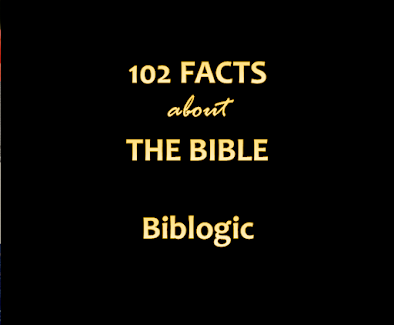Bible Notes: Hebrew Chapter 1:1-2
By Thomas T. Ebenezer
God, who at sundry times and in divers manners spake in time past unto the fathers by the prophets, hath in these last days spoken unto us by his Son, whom he hath appointed heir of all things, by whom also he made the worlds;
πολυμερως και πολυτροπως παλαι ο θεος λαλησας τοις πατρασιν εν τοις προφηταις. επ εσχατων των ημερων τουτων ελαλησεν ημιν εν υιω ον εθηκεν κληρονομον παντων δι ου και τους αιωνας εποιησεν
האלהים אשר דבר מקדם פעמים רבות ובפנים שנים אל אבתינו ביד הנביאים דבר אלינו באחרית הימים האלה ביד בנו׃ אשר נתנו ליורש כל וגם עשה בידו את העולמות׃
The first verse highlights the fact that God, the Creator and Lord of all, has deigned to communicate with humanity at many instances throughout history. The idea that the creator of the universe would communicate with his creation should be a source of awe, hope, and joy for us.
The verse states that God spoke in "sundry times and in divers manners" which suggests that God's communication with humanity has been diverse and varied over the ages. In rare instances, God has chosen to speak directly, as a voice from heaven, such as when God spoke to the disciples, testifying about His beloved Son (Matthew 3:17; Matthew 17:5; 2 Peter 1:17; Psalm 2:7; Isaiah 42:1). However, God's more enduring method of communicating with humanity is through the agency of ordinary men, known as prophets.
The reason for this method may not be immediately clear, but the second verse of Hebrews 1 offers a possible explanation. God chose to speak to humanity through prophets in order to prepare them for the ultimate and enduring revelation of Himself through the Son of Man, Jesus Christ, who would communicate in the manner of a prophet.
In this passage, we see a contrast, both explicit and implied, between how God communicated in the past and how He communicates now. In the first two verses, there are at least four key contrasts presented regarding the manner in which God spoke.
First, in the past, God communicated in various times, but now He has communicated once and for all. Second, in the past, He communicated in different ways, but now He communicates uniquely. Third, in the past, God spoke to the fathers, but now He speaks to us. And fourth, in the past, He spoke through the prophets, but now He speaks through His Son.
Note: The English verses are from the King James Version, the Greek text is from the Textus Receptus (Beza, 1598) obtained from www.studylight.org, and the Hebrew text is from the Brit Hadasha version found at www.wordproject.org.
.jpeg)



Comments
Post a Comment